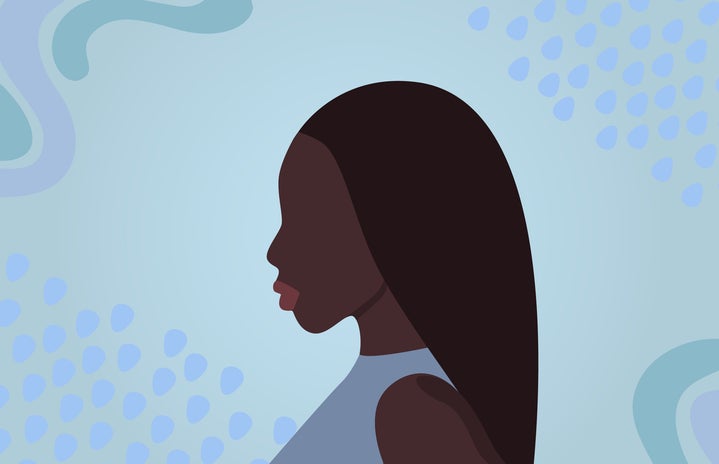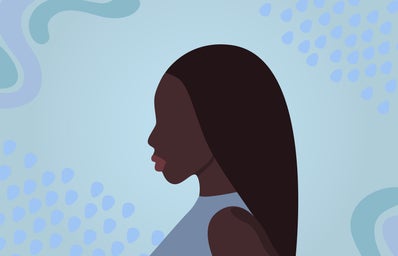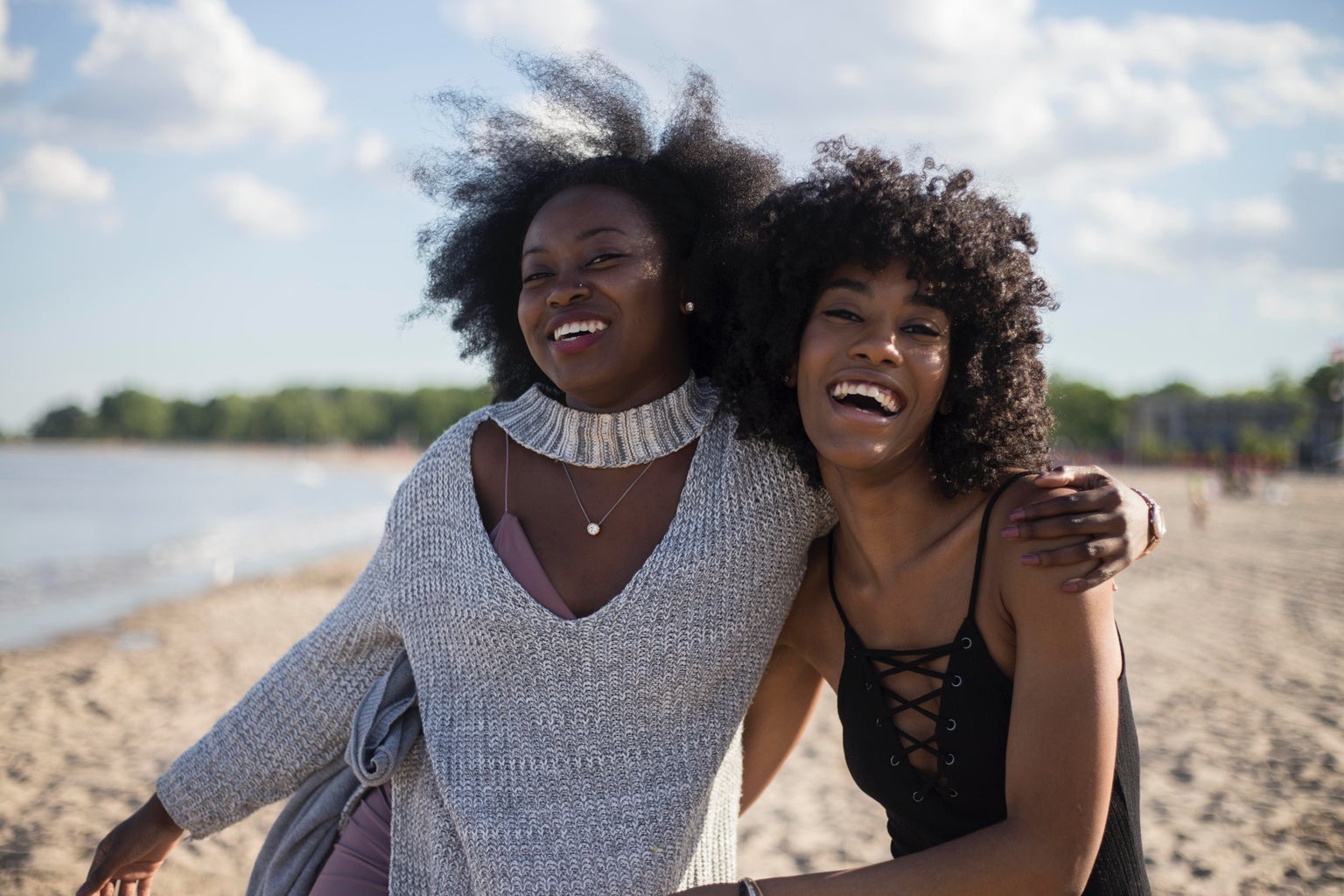A recent study by the National Institutes of Health has found that the use of chemical hair-straightening products is linked to a higher risk of uterine cancer. After years of Black women being forced or pressured to straighten their hair to retain employment or look “presentable,” they are now more likely to be diagnosed with this form of cancer than any other group of women. The researchers found that those who used these products four or more times a year were over twice as likely to develop uterine cancer.
As a black woman, this is difficult to learn because I and so many other Black women I know grew up getting perms at the hair salon. I remember getting my first perm at six years old and being so excited because it was like a “coming of age” moment. All the Black women and teenage girls I knew were getting this service routinely at the hair salon. Before the natural hair care movement, it was widely accepted and often recommended when mothers said they had trouble doing their daughter’s hair. Even after the burning and itchy scalps every other month, as a community we still felt this was a necessary part of life because of years of conditioning.
I do not blame any mother or beautician for this because it was something that we did to protect ourselves from judgment from other communities. Our hair was seen as unruly and in need of being tamed. For generations, Black women were told by society that in order to have a job or look “well-groomed” in public their hair needed to be straight. As a result, our mothers and grandmothers made sure that our hair was straight anytime there was a big event in our lives such as picture day, awards day, weddings or graduation. Thankfully the natural hair care movement has grown and so many Black women have begun wearing their natural hair unapologetically. However, many older Black women have not let this go.
A few years ago I was finally able to convince my mother to let the perms go and to embrace her curls. I am so happy that after hearing that her hair was not good enough in its natural state for the majority of her life that she now feels free to go to work in her natural hair. Although, when I go to the hair salon many middle-aged and older women are still requesting perms. Now that we know that these products have such negative effects, I hope that we can educate them and help them embrace their natural hair or at least settle for just getting it flat ironed. In the end, it is my wish that every Black woman feels comfortable without using perms.



